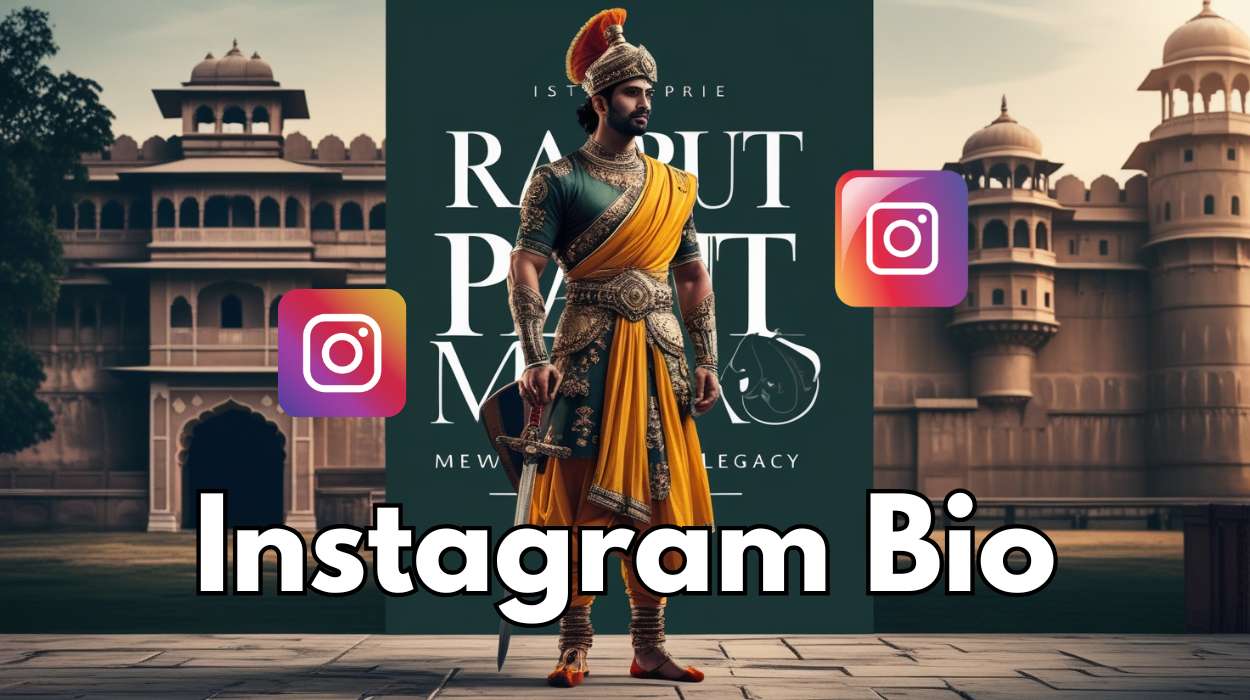Marketing, once confined to newspaper ads and billboards, has dramatically transformed over the past two decades. Today, the field is dynamic, data-driven, and constantly evolving to keep pace with technology and consumer behavior. Whether you’re a solo entrepreneur or a Fortune 500 company, effective marketing is no longer a luxury, it’s a necessity.
This article dives into the key shifts in modern marketing, essential strategies for success, and the tools that empower brands to thrive in a saturated digital marketplace.
The Shift from Traditional to Digital
Traditional marketing methods—TV ads, radio spots, and print media such as newspapers, magazines, and custom printed catalogs—once ruled the advertising world. While these channels still have their place, they can lack the agility, measurability, and reach of digital platforms. Today’s consumers are online, mobile, and social. As a result, businesses must engage their audience where they live on social media, in search engines, and through content platforms.
The shift to digital has given rise to a more personalized, data-centric approach. Brands now use customer insights to target specific demographics with tailored messages. From email campaigns to social media ads, the modern marketer has an arsenal of tools at their disposal to reach, engage, and convert.
Understanding the Customer Journey
In the digital landscape, the customer journey is no longer linear. Buyers interact with brands through multiple touchpoints before making a purchase. This includes social media, email, websites, search engines, and even chat apps.
Mapping this journey is crucial. It allows marketers to understand where potential customers drop off and how to re-engage them. Tools like Google Analytics, heatmaps, and CRM systems help marketers visualize the funnel—from awareness and interest to decision and loyalty.
Content is Still King But Context is Queen
You’ve probably heard the phrase “content is king.” It’s true, but without the right context, even the best content can fall flat. Today’s consumers are bombarded with messages. To stand out, content must be not only high quality but also timely, relevant, and personalized.
For example, a blog post targeted at Gen Z must differ from one aimed at Baby Boomers. A product video for YouTube should be optimized differently than a video for Instagram Reels or TikTok. Contextual marketing delivering the right message at the right time is what sets successful campaigns apart.
The Power of Data and Analytics

Data has become the backbone of modern marketing. Every click, share, and comment tells a story. Through analytics, marketers can decipher these stories and fine-tune their strategies for maximum impact.
Key performance indicators (KPIs) such as conversion rates, bounce rates, cost-per-click (CPC), and return on ad spend (ROAS) provide actionable insights. This allows businesses to allocate resources wisely, improve user experience, and optimize every stage of the marketing funnel.
Furthermore, predictive analytics and AI-driven tools are becoming more accessible, enabling marketers to forecast trends, segment audiences more effectively, and deliver highly personalized experiences at scale.
SEO and the Importance of Online Visibility

Search Engine Optimization (SEO) remains a foundational aspect of digital marketing. Ranking high on search engines means greater visibility, more traffic, and potentially higher sales. However, SEO is more complex than simply stuffing keywords into a page.
Modern SEO considers user intent, mobile-friendliness, site speed, backlinks, and technical optimization, with many marketers also exploring a Backlink Marketplace to acquire high-quality, relevant links at scale. Voice search, image search, and video SEO are also gaining traction as user behavior evolves. It’s essential to stay updated on algorithm changes and to approach SEO as a long-term investment rather than a quick fix.
Moreover, with increasing competition, businesses often turn to advanced strategies and tools that help them gain an edge. One such strategy involves leveraging residential proxies for market research, SEO auditing, and competitor analysis. If you’re looking for secure and high-performing proxy services, you can buy residential IP to gain better access to geo-restricted data and avoid IP bans.
Social Media Marketing: Beyond the Likes

Social media platforms like Instagram, TikTok, Facebook, LinkedIn, and X (formerly Twitter) are not just networking tools they’re full-fledged marketing platforms. They allow brands to build communities, tell stories, and drive engagement.
However, effective social media marketing is more than just posting regularly. It requires a deep understanding of your audience, platform-specific strategies, and ongoing testing. Utilizing the right social media marketing tools can also significantly enhance your efforts by streamlining scheduling, analytics, and engagement. Influencer partnerships, paid advertising, user-generated content, and interactive features like polls and live videos all contribute to a successful social strategy.
Authenticity is key. Audiences can detect when a brand is being insincere or overly salesy. The brands that succeed on social media are those that offer value, communicate transparently, and actively engage with their followers.
Email Marketing: Still Relevant, More Powerful

Despite the rise of newer channels, email remains one of the highest-ROI email marketing tools available. It allows for direct, personalized communication with an audience that has already expressed interest in your brand.
Segmentation, automation, and A/B testing have elevated email marketing to new heights. By delivering tailored content based on user behavior and preferences, businesses can nurture leads, reduce churn, and increase lifetime value.
That said, with inboxes more crowded than ever, it’s critical to stand out. Strong subject lines, compelling visuals, and clear calls-to-action are essential for success.
Ethical Marketing and Consumer Trust
As privacy concerns and data security issues continue to mount, consumers are increasingly wary of how their information is used. Ethical marketing isn’t just a nice-to-have—it’s a necessity.
Marketers must prioritize transparency, obtain consent, and respect user data. Compliance with regulations like GDPR and CCPA isn’t optional. Ethical practices not only protect your brand from legal trouble but also foster long-term trust with your audience.
In fact, brands that take a stand on social issues and operate with integrity often see greater loyalty and advocacy from their customers.
Emerging Trends to Watch
The marketing world doesn’t stand still. New trends constantly emerge, and staying ahead of the curve can be a competitive advantage. Here are a few worth watching:
- AI-Powered Marketing: From chatbots to AI-generated content, artificial intelligence is revolutionizing how marketers operate.
- Interactive Content: Quizzes, polls, and calculators increase engagement and dwell time.
- Voice Search Optimization: With the rise of smart speakers, optimizing for voice queries is becoming crucial.
- Augmented Reality (AR): AR offers immersive brand experiences, particularly in retail and gaming.
- Sustainability Marketing: Eco-conscious branding is becoming more influential among younger consumers.
Final Thoughts
Marketing in the digital age is a complex, multifaceted discipline. Success requires a blend of creativity, analytical thinking, and technological savvy. It’s about telling compelling stories, solving real problems, and building lasting relationships with customers.
Whether you’re optimizing your SEO, launching a social media campaign, or looking to buy residential IP to support your digital research, the tools and strategies are out there. But no tool replaces the need for authenticity, consistency, and a deep understanding of your audience.
As the landscape continues to evolve, the marketers who adapt, innovate, and stay customer-focused will not only survive but thrive.



